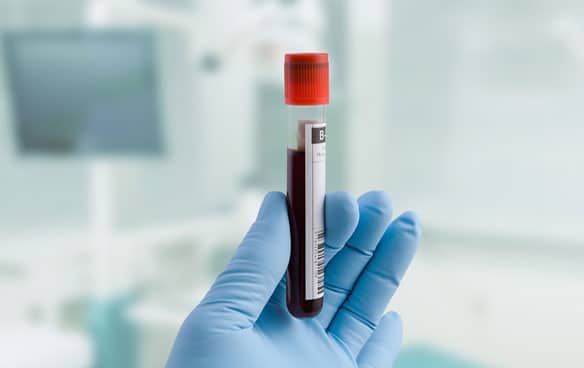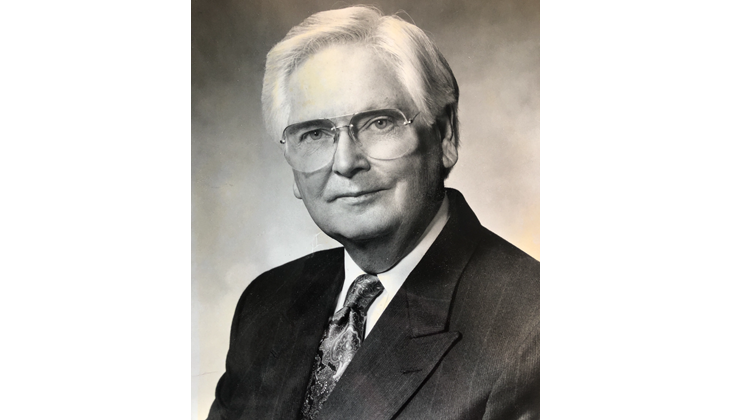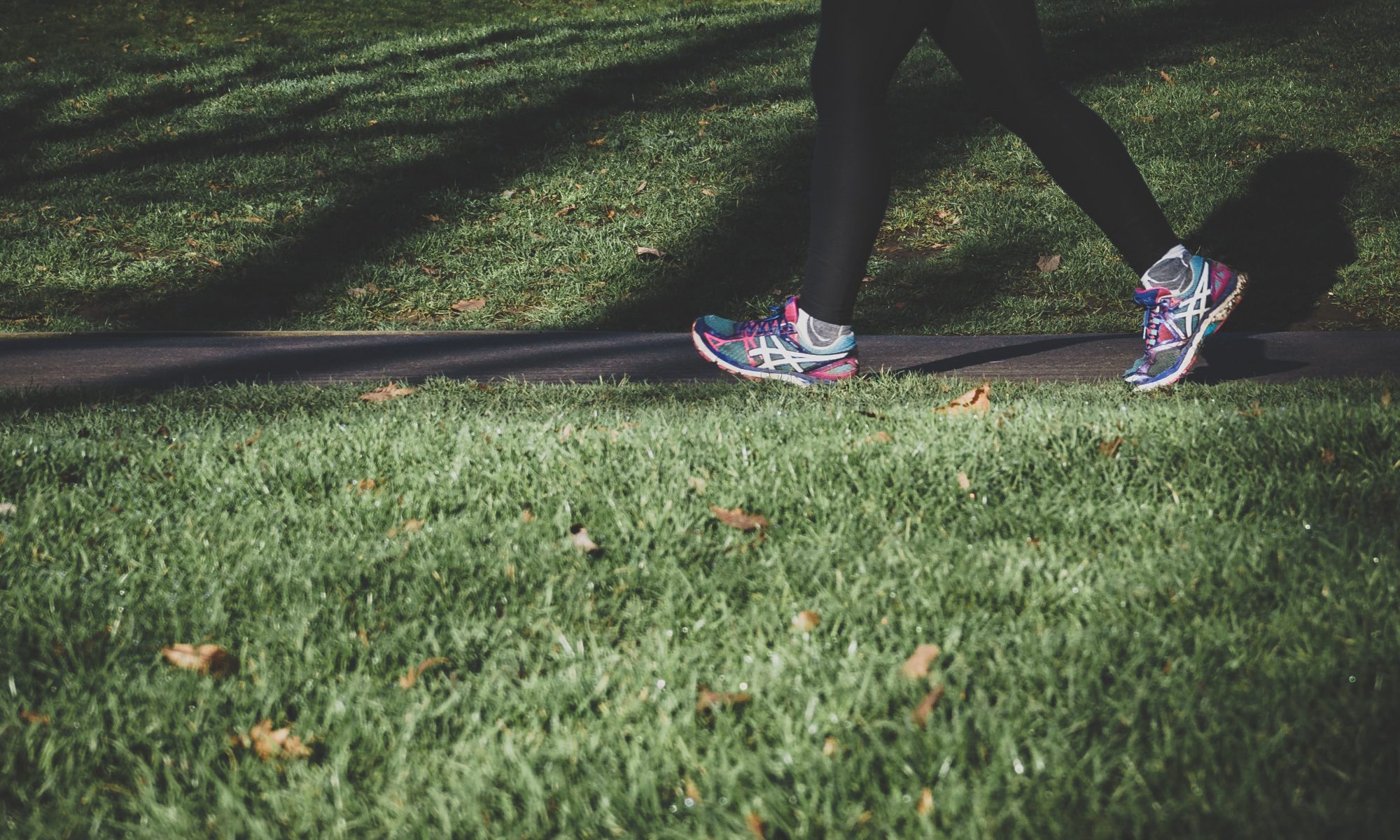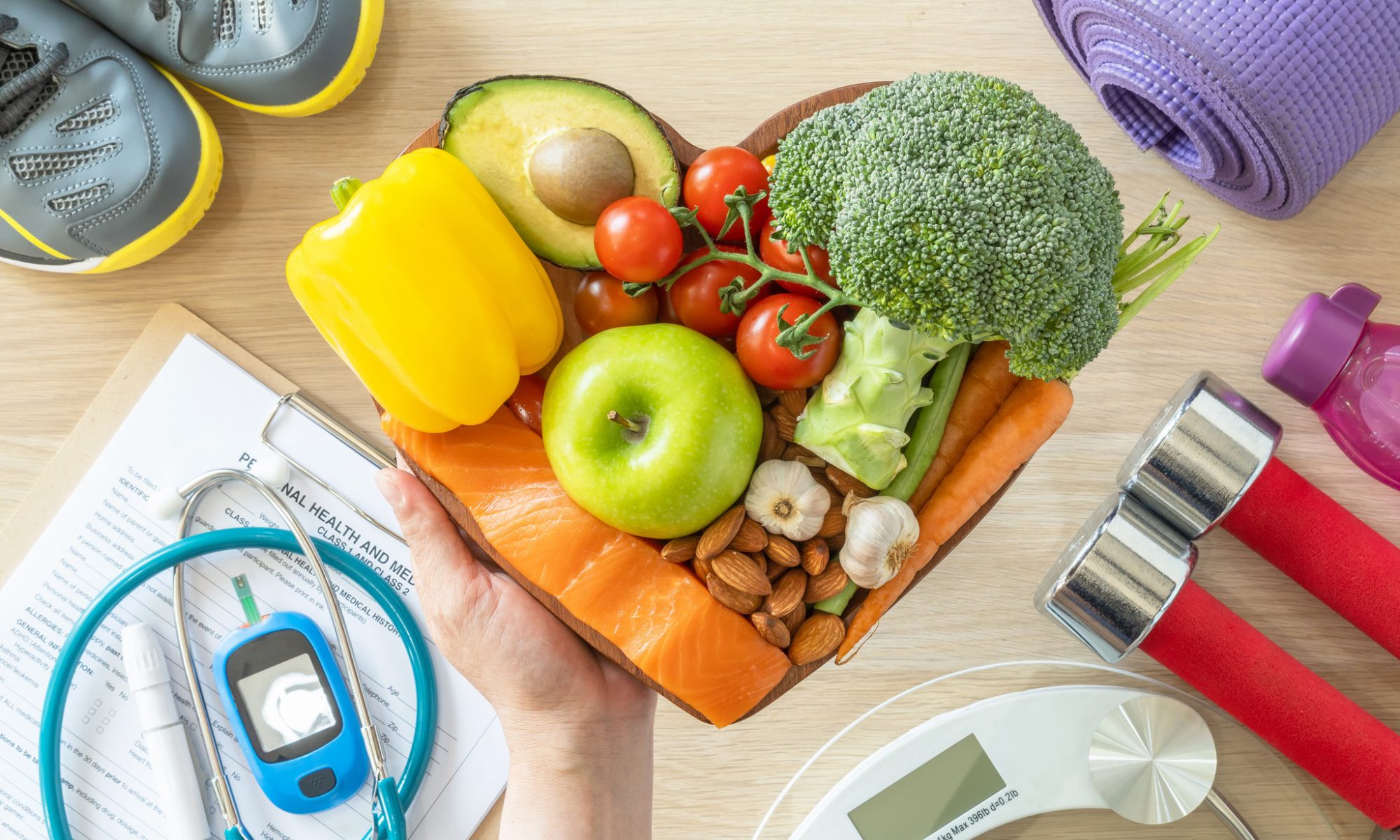(CNN)A US woman has become the third known person who’s gone into HIV remission, and the first mixed-race woman, thanks to a transplant of stem cells from umbilical cord blood, according to research presented at a conference Tuesday.
The woman, whom the researchers described as middle-aged and of mixed race, was diagnosed with acute myeloid leukemia four years after an HIV diagnosis, according to an abstract from the Conference on Retroviruses and Opportunistic Infections.
Read the full story.
Groundbreaking Heart-Lung Procedure Gives Toddler a Chance at a Full Life
Stanford heart team combines two highly complex specialties in a novel PARplant procedure
Santana Renchie takes on life as if she knows—at the tender age of 2—that she’s lucky to be alive. She’s sassy, full of joy, and determined to not miss a single moment of fun.
“There’s nothing stopping her. She’s relentless. If she wants something, she just goes for it,” says her dad, Sebron. Read the full story.
Gene Pierce – The Legacy of an Organ Donation, Transportation, and Transplantation Pioneer
60 years ago, Gene Pierce was a Sunday school teacher and Boy Scout troop leader in his free time. For his day job, he worked in the marketing department at Chesapeake Pulp and Paper Mill in West Point, Virginia—where he was instrumental in developing Green Life Fertilizer.1
When Gene found out that he and his wife were expanding their family to five children, he realized he needed to make a little more money. There happened to be two job openings at the time that interested him: One at the railroad company and the other at Medical College of Virginia (MCV). Read the full story.
Walking daily correlates with high health-related quality of life in adults with CKD
Adults with chronic kidney disease who walked between 7,000 and 12,000 steps a day reported high health-related quality of life, according to data published in the Journal of Renal Nutrition.
“Recent studies have shown that walking, as a daily form exercise in patients with CKD, may improve cardiopulmonary function, and regulate blood pressure, blood glucose and lipid levels in patients with CKD; moreover, it plays a vital role in enhancing the quality of life of CKD patients,” JiachuanXiong, MD, from the department of nephrology at the Key Laboratory for the Prevention and Treatment of CKD of Chongqing Clinical Research Center of Kidney and Urology Diseases in Xinqiao Hospital at Army Medical University in China, and colleagues wrote. Read the full story.
Survival High With Lung Transplant for COVID-19-Associated ARDS
MONDAY, Feb. 14, 2022 (HealthDay News) — Lung transplantation is successful for patients with COVID-19-associated acute respiratory distress syndrome (ARDS), with high survival, according to a study published online Jan. 27 in the Journal of the American Medical Association.
Chitaru Kurihara, M.D., from Northwestern University in Chicago, and colleagues conducted a retrospective case series of 102 patients who underwent a lung transplant between Jan. 21, 2020, and Sept. 30, 2021, including 30 patients with COVID-19-associated ARDS.
Read the full story.
CDC Cuts Booster Interval for the Immunocompromised
The CDC updated its interim guidance on COVID-19 vaccination to give immunocompromised people a shorter wait for their booster shot.
It is now recommended that people who are moderately or severely immunocompromised receive a booster 3 months — down from 5 months previously — after the third dose of an mRNA vaccine, for a total of four doses. Previewed at last week’s meeting of the Advisory Committee on Immunization Practices (ACIP), this change was attributed to concern about the immune response and loss of mRNA protection over time for these patients.
Read the full story.
On National Donor Day, organ recipient breaks down misinformation
On New Year’s Day, USC junior Selah Kitchiner floated down Colorado Boulevard on a conveyance both dazzling and ephemeral. The purple and gold 2022 Donate Life Rose Parade float was covered in roses, sunflowers and seaweed with Venetian columns and arches that rose two stories. Kitchiner was just above street level, posing as a gondolier, oar in hand. No rowing was required, though she did plenty of waving during her hour-long Rose Parade ride.
“I waved to anybody with a USC chair or sweatshirt, anybody who made eye contact,” Kitchiner said. “If a spectator was daydreaming and they saw me wave at them, they would kind of snap out of it.” Read the full story.
Gene variants increase risk of kidney failure in veterans of African ancestry with COVID-19: study
Gene variants increased the risk of acute kidney injury and death in veterans of African ancestry who were hospitalized with COVID-19, according to a new study published in JAMA Internal Medicine.
A team of Vanderbilt investigators led the study as part of the VA Million Veteran Program COVID-19 Science Initiative. Read the full story.
Doctor to climb Mt. Kilimanjaro to raise awareness for living kidney donation
As an emergency physician at FirstHealth of the Carolinas, endurance athlete and anonymous kidney donor, Matthew Harmody, M.D., has never been one to shy away from difficult, impactful work. His next challenge combines physical fortitude and living kidney donation advocacy as he joins 21 other kidney donors to climb the world’s largest free-standing mountain, Mount Kilimanjaro, in Tanzania, Africa.
The One Kidney Climb is coordinated by the nonprofit organization Kidney Donor Athletes (KDA) to bring attention to the need for living kidney donors and demonstrate that one can donate a kidney and still live a healthy and active lifestyle. The group is scheduled to reach Mount Kilimanjaro’s summit — 19,341 feet above sea level — on World Kidney Day, March 10, 2022. Read the full story here.
Diabetes After a Transplant
What is “new-onset diabetes” after transplant?
Even if you did not have diabetes before, you may develop diabetes after an organ transplant. This type of diabetes is called “new-onset diabetes” after transplant. It is also called “NODAT” for short. New-onset diabetes can occur as a side effect of the medications that you need to prevent rejection of your new organ. Read more.









